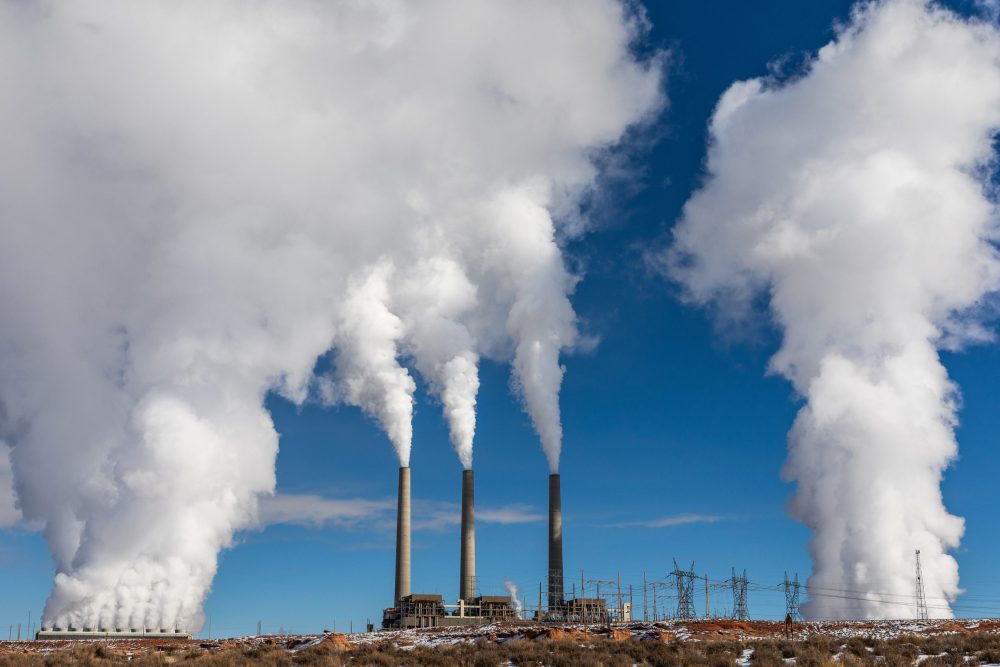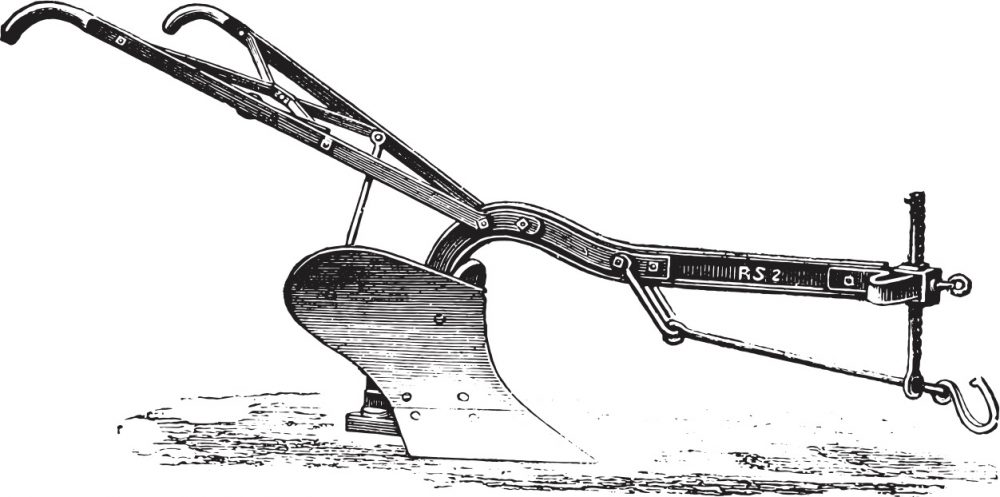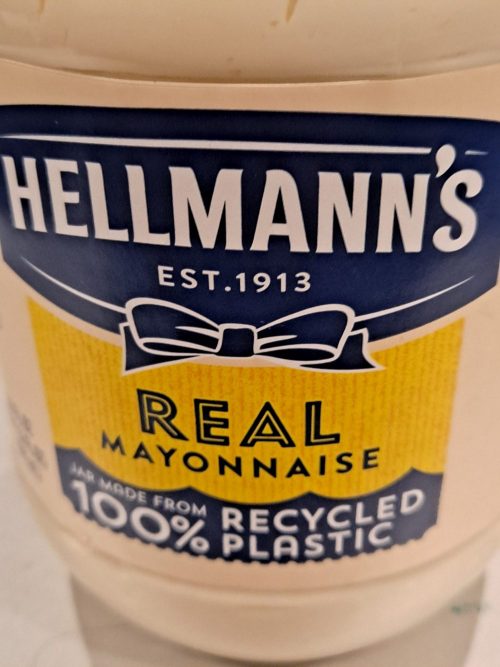Food sustainability speaks to the notion that by year 2050 there will be 9.7 billion people in the world who need to be fed and asks how will the mechanics in place needed to produce this food not hurt the environment. It’s also concerned with not depleting earth’s water supply. One example of a company taking on the issue of water depletion is Netafim, a high-tech Israeli company, that introduced precision irrigation where water is funneled directly to the root of plants, as not to waste unnecessary water.
A main fueler of food production, in terms of providing energy, comes by way of non-renewable (not forever available) fossil fuels. Fossil fuels are oil, coal and natural gas that leave a damaging carbon footprint in the atmosphere. But to heat facilities, give power to machinery, allow trucks to transport the food and enable factories to produce plastic and steel, some use of fossil fuels are needed. To combat the dangers of fossil fuels, wind and solar energy are being explored as alternatives.
Raising livestock and farming releases many noxious gases into the environment. Livestock release methane. Fertilizers and waste produce nitrous oxide. These are all part of greenhouse gases that damage the planet.
Ultimately, the goal is to create a sustainable planet, where food production can progress comfortably – without damaging the environment and usurping water supplies – so that future generations will be able to thrive as well.
Biblical Sustainability
The Garden of Eden was the perfect ecosystem with all of nature’s raw materials in tune with what man needed. There was no concern of a lack of resources to sustain the garden. Though Adam’s sin was not listening to God’s words to consume anything from the tree, his sin did in fact involve the misuse of food. The side message, therefore, was that when you misuse food there are consequences to the environment, as now the land had to be worked.
Noah invented the iron plow and was the father of agriculture. The stakes were now heightened, as the world was now going to be worked with official tools. There was a greater responsibility on maintenance, and natural resources could now be manipulated in more substantial ways.
This coming year is a Shemittah year and built into this law is an inherent principle of sustainability: let a field lie fallow, without adding noxious fertilizers, to produce better crop (though more spiritually based, it talks to the Bible’s recognition of non-overuse of the land). In this case natural resources multiply while not working the land. There’s no greater sustainable principle then that.
OU Kosher Certified Companies Prioritize Sustainability
Your chances of being part of the sustainable movement by eating kosher is very likely. Some of the largest food companies in the world that are OU kosher certified have put sustainability at the top of their agendas.
Unilever, an OU kosher certified company, notes that 2.5 billion people a day use one of their products. They have instituted wide ranging measures in the areas of sustainability. First, by 2019 they majorly reduced the amount of water their factories use. This in turn helps the planet by not depleting the earth’s water supply. Second, they reduced by half the amount of virgin plastic used in packaging. In addition, they have already created fully recyclable plastic, meeting their goal in this area earlier then their 2025 deadline. Plastic is a significant sustainability issue, as fossil fuels are needed to produce plastic. Also, plastic is not as easy as steel to recycle, requiring more energy to keep it lasting. In turn, because they are not always recycled, they often end up in landfills, producing noxious gases. In the worst-case scenarios, plastic is being thrown into the ocean and waterways, polluting the water. Third, in recognition of their deep supply chain stretching to their agricultural farmers, they developed a Sustainable Agricultural Code (SAC). One of the aims is to assist farmers in cultivating their crop in sustainable fashion and helping the farmers personally in their lives.
ADM, an OU kosher certified company, has put the issue of sustainability at the top of their list. The CEO, Juan Luciano said, “At ADM, we know that the health of our natural resources is critical to our future, and that our commitments to sustainable practices will result in a stronger ADM and a better world. We are proud to be the go-to sustainable sourcing partner for our customers, and more widely, we are committed to driving change through good practices, progressive solutions and mindful actions that make a positive impact.” In the plastics arena, they have been very active. They created a 100-percent renewable plastic. This avoids the need to exert any new energy in recycling and further avoids the need to dispose of them as waste. In addition, they are lining up their goals of sustainability to match with the United Nations Sustainable Development Goals (SDGs). These goals aim to address world poverty, protect the planet and ensure all people enjoy peace and prosperity. Their food distribution in 2019 addressed poverty in significant fashion. For families in need they distributed more than 104 million meals giving out more than 98 million pounds of food.
DSM Nutritional Products, an OU kosher certified company, is aggressively working on the sustainability front. Agricultural farming is responsible for nearly 10 percent of Greenhouse Gases in the United States. To address this, they have come up with Project Clean Cow. They produced a feed supplement that reduces methane emissions by 30%. They are also prioritizing the need for a low-carbon world. United Nations SDGs 7 & 13 specifically address the carbon issue and DSM is looking to align all of its company operations with those protocols.
Three large OU Kosher certified companies, Bunge, Dupont and Cargill, are aggressively applying their systems of sustainability when it comes to their supply chains for soy. A lot of soy is coming from the plain fields of Cerrado in Brazil. In that region, there have been concerns about deforestation, which emits greenhouse gases. Also, in that region, sustainable farming has become an area of concern. In 2019, Bunge monitored more than 34 million acres in that region to ensure that sustainable farming was being practiced. Dupont will only purchase its soybeans in that area from those that sign an agreement that the soybeans didn’t come from deforested areas. Cargill has created a mapping system so that they know where all of their suppliers in Brazil are located. This way they can ensure that no product comes from deforested areas.
Conclusion
In surveys, consumers say that they would prefer that products they purchase have some connection to sustainability. Considering that our own food chain is at issue, that makes a lot of sense. Robert Swan OBE FRGS (the only man to reach the north and south pole by foot) who advocates for an environmentally friendly planet, said, “The greatest threat to our planet is the belief that someone else will save it.” We can all be a part of the solution by becoming knowledgeable about the practice and procedures of companies that are involved in food production. In this way, we will leave a sustainable planet for future generations.





